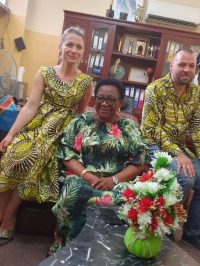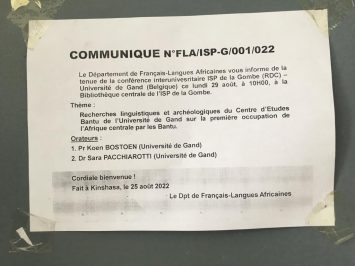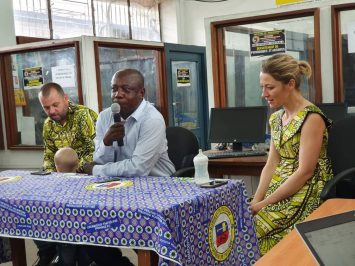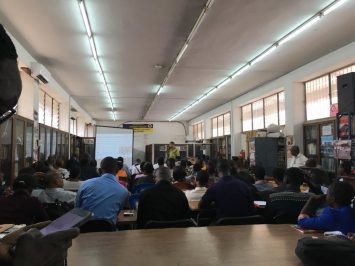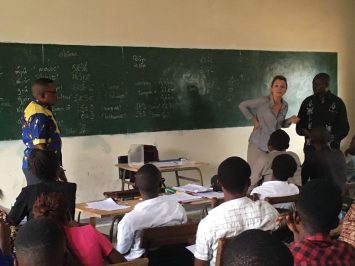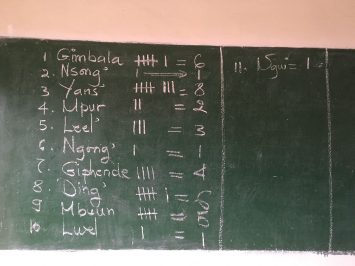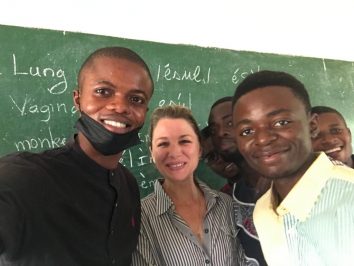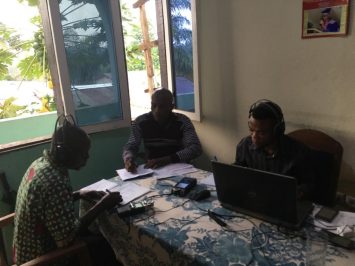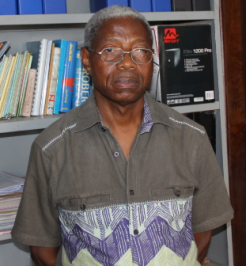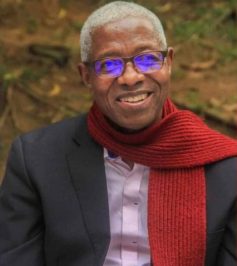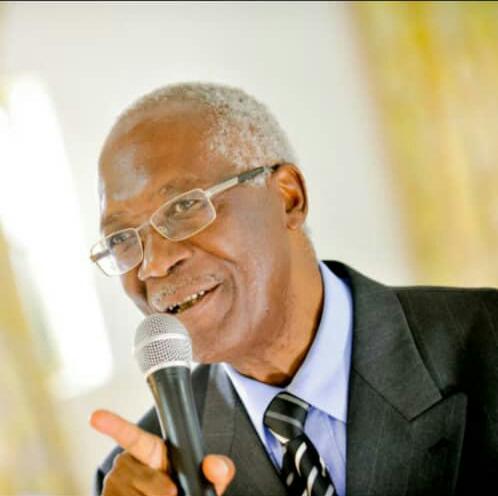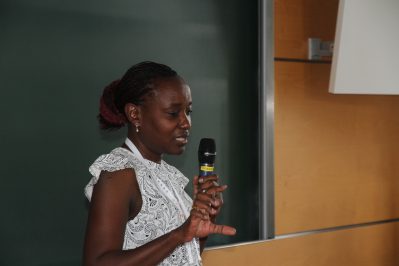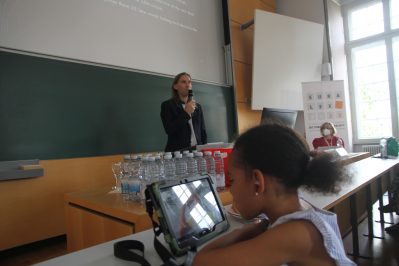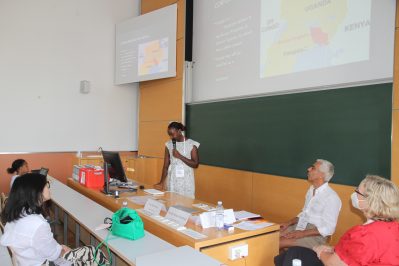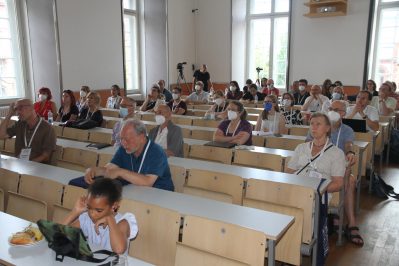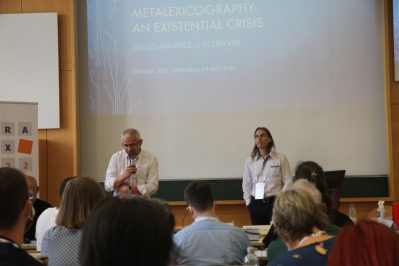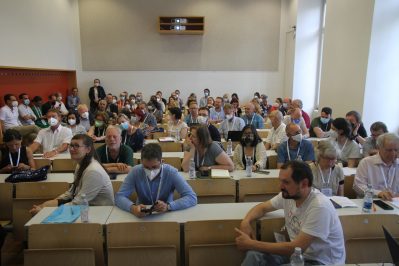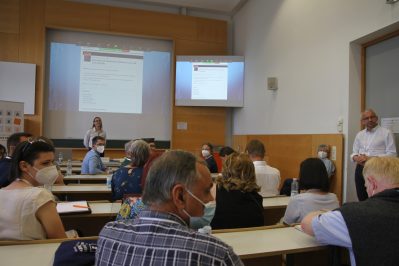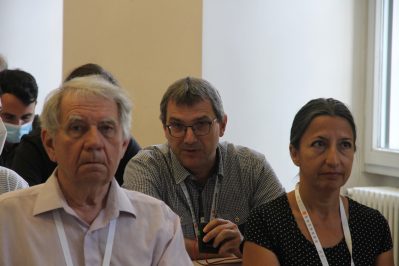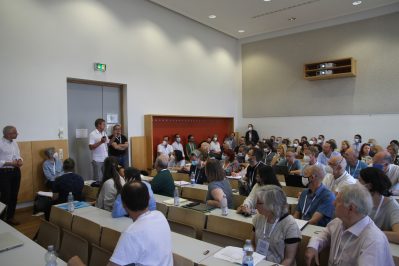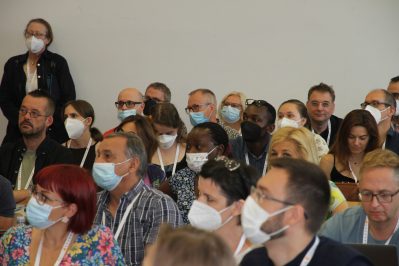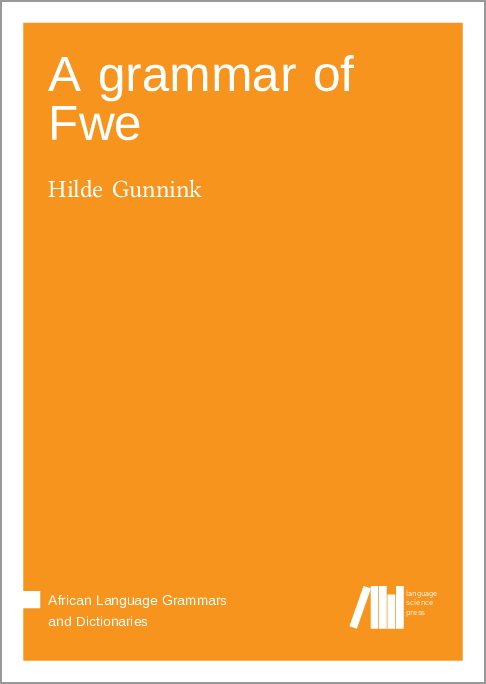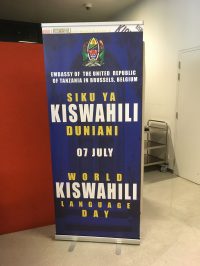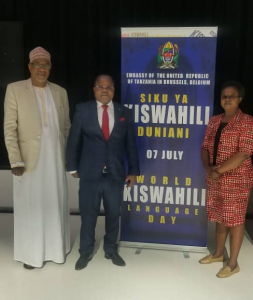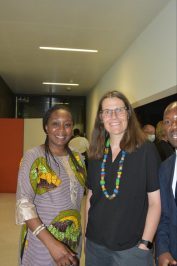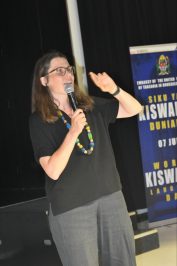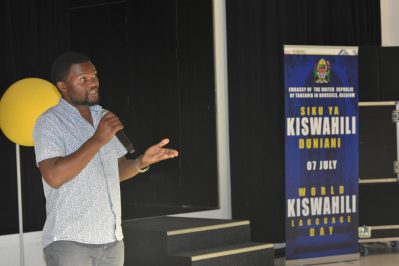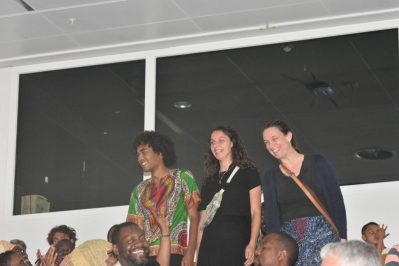On July 7, 2022 the Tanzanian Embassy in Brussels and Royal Museum for Central Africa in Tervuren co-organized the celebrations of the first International Kiswahili Day in Tervuren. On November 23, 2021, UNESCO officially designated July 7 as the International Day of Kiswahili, the first African language to be celebrated in this way and hopefully not the last.
Kiswahili is a Bantu language that originated on the East Coast of Africa and has become the most widely spoken language in East Africa. It has 80 million speakers, not only in Tanzania and Kenya where the language enjoys national and official language status, but also in other East African countries such as Comoros, eastern Congo (DRC), Rwanda, Burundi and Uganda.
Maud Devos (RMCA-BantUGent), Mary Charwi (DUCE Dar es Salaam – BantUGent associate), Gundelinda Shayo (former UGent Kiswahili teacher), Enock Mbiling’i (former UGent Kiswahili teacher), and Saskia Nissen, Droene Bex and Lennert Delfosse, all three students of the UGent African Languages and Cultures program were closely involved in the organization of these celebrations in Tervuren. Check here for an interview with the ambassador of Tanzania in Brussels and with Prof. Maud Devos.
